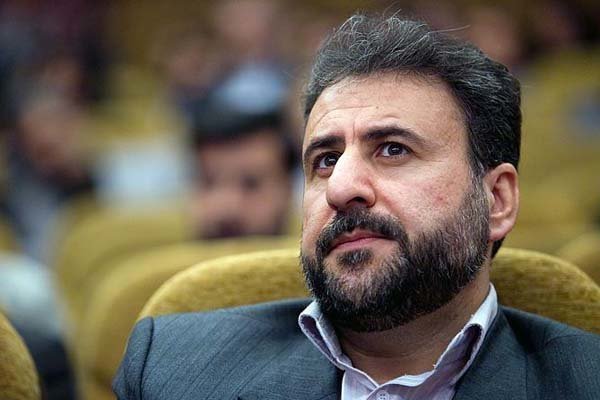MP believes FATF blacklisting of Iran is unlikely

TEHRAN – The head of the Majlis (parliament) National Security and Foreign Policy Committee has said he does not think the Financial Action Task Force (FATF) will blacklist Iran if the country does not fully implement the money-laundering watchdog’s requirements.
“Iran is already implementing 50 percent of the FATF’s requirements. So it is unlikely that it will blacklist Iran,” Heshmatollah Falahatpishe told ISNA in an interview published on Sunday.
He also sounded optimistic for Iran to receive the backing of some countries within the FATF to prevent it from being blacklisted. “There are some Eastern countries as well as other friendly countries which would not allow that. And European countries are in no way ready to have a suicidal atmosphere formed against Iran.”
The Paris-based FATF has given Iran until February to complete reforms that would bring it into line with its norms or face consequences.
“We expect Iran to move swiftly to implement the commitments that it undertook at a high level so long ago,” said Marshall Billingslea, the U.S. assistant treasury secretary, after chairing an FATF meeting last October.
“In line with that, we expect that it will have adopted all of these measures by February. If by February 2019 Iran has not yet done so, then we will take further steps,” he said.
In the meantime, the FATF said it had decided to continue suspending counter-measures, which can go as far as limiting or even banning transactions with a country.
One of the actions Iran is required to take to appease the FATF is joining the United Nations Convention against Transnational Organized Crime (UNTOC), which is also called the Palermo Convention, a 2000 United Nations-sponsored multilateral treaty against transnational organized crime.
The other action is to join the CFT (the convention combatting financing of terrorism).
The Expediency Council on Saturday put these two conventions on agenda, but postponed a final decision to two weeks later.
While not joining the conventions puts Iran at risk of international isolation, conservatives in Tehran argue that accession to the FATF requires voluntarily accepting restrictions set out especially by the U.S.
MP Abolfazl Hasanbeigi on Saturday claimed that Supreme National Security Council secretary Ali Shamkhani in a closed session of the parliament clearly said that joining the CFT will not be in the interests of the Islamic Republic.
However, Mohammad Rezaz Nobakht, a close associate to President Rouhani who heads the Budget and Planning Organization, has said the Supreme National Security Council favors FATF.
On January 21, the Iranian Parliament (Majlis) sent the CFT bill, which the Guardian Council says there is still 19 faults with it, to the Expediency Council for final decision.
On October 7, 2018, the parliament voted in favor of the CFT. At the time, a total of 143 lawmakers out of 268 ones present in the parliament voted in favor of the bill. However, the oversight Guardian Council rejected the bill by finding 22 faults with it.
To become a law, the Guardian Council should vet the bill for compliance with the Constitution.
According to the constitution, in cases when the parliament and the Guardian Council disagree on a bill the issue is referred to the Expediency Council for final arbitration.
In October, Ayatollah Ahmad Khatami, a member of the Assembly of Experts and a well-established conservative figure, criticized the notion of joining the FATF, comparing it with “going to the gallows”.
“The FATF’s executive secretary has said there’s no guarantee Iran would be removed from its blacklist,” Khatami told worshippers in Tehran on Friday, asking, “Now that there’s no guarantee, why should we tie such noose around our neck and strangle ourselves?”
SP/PA
